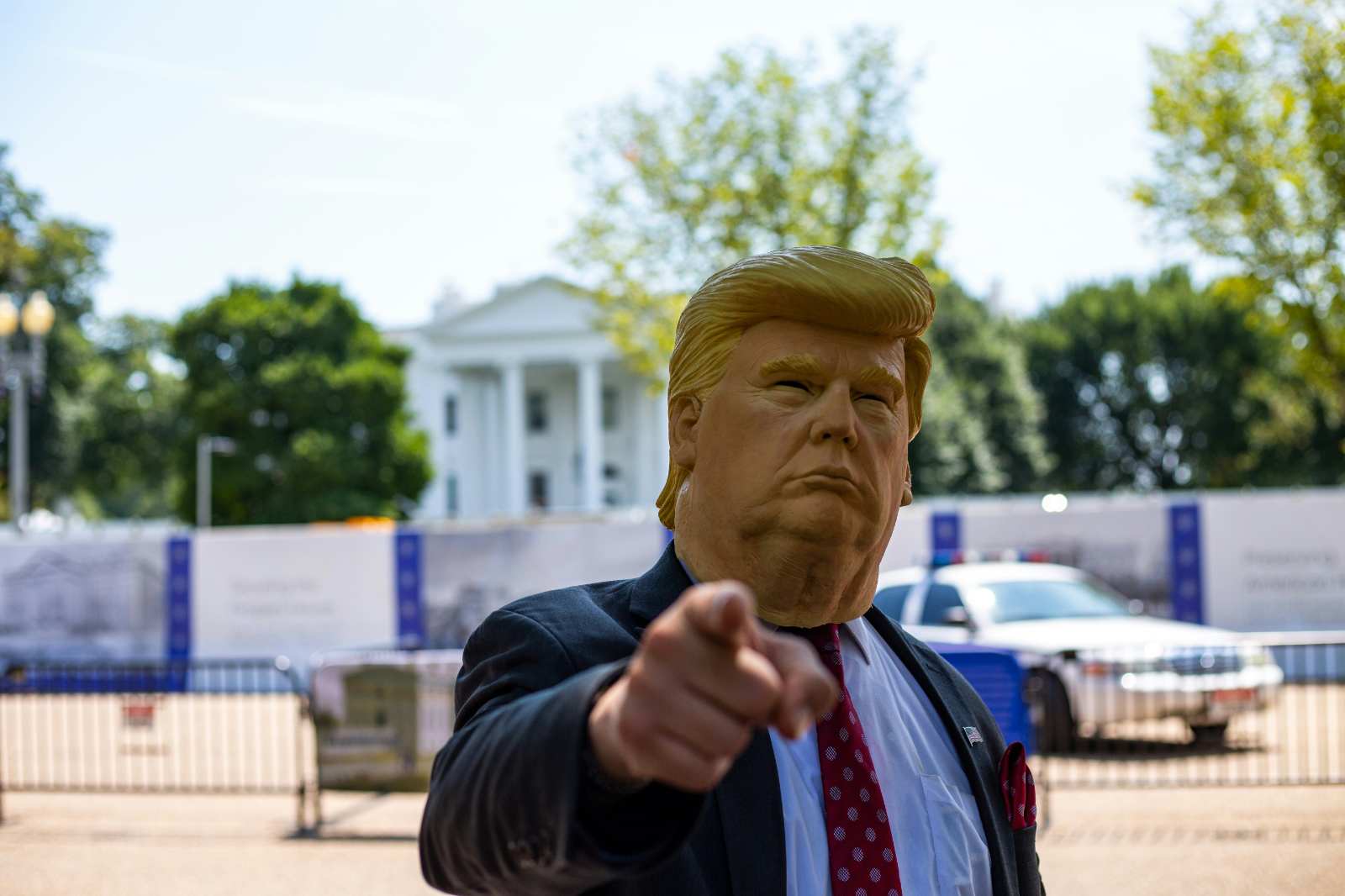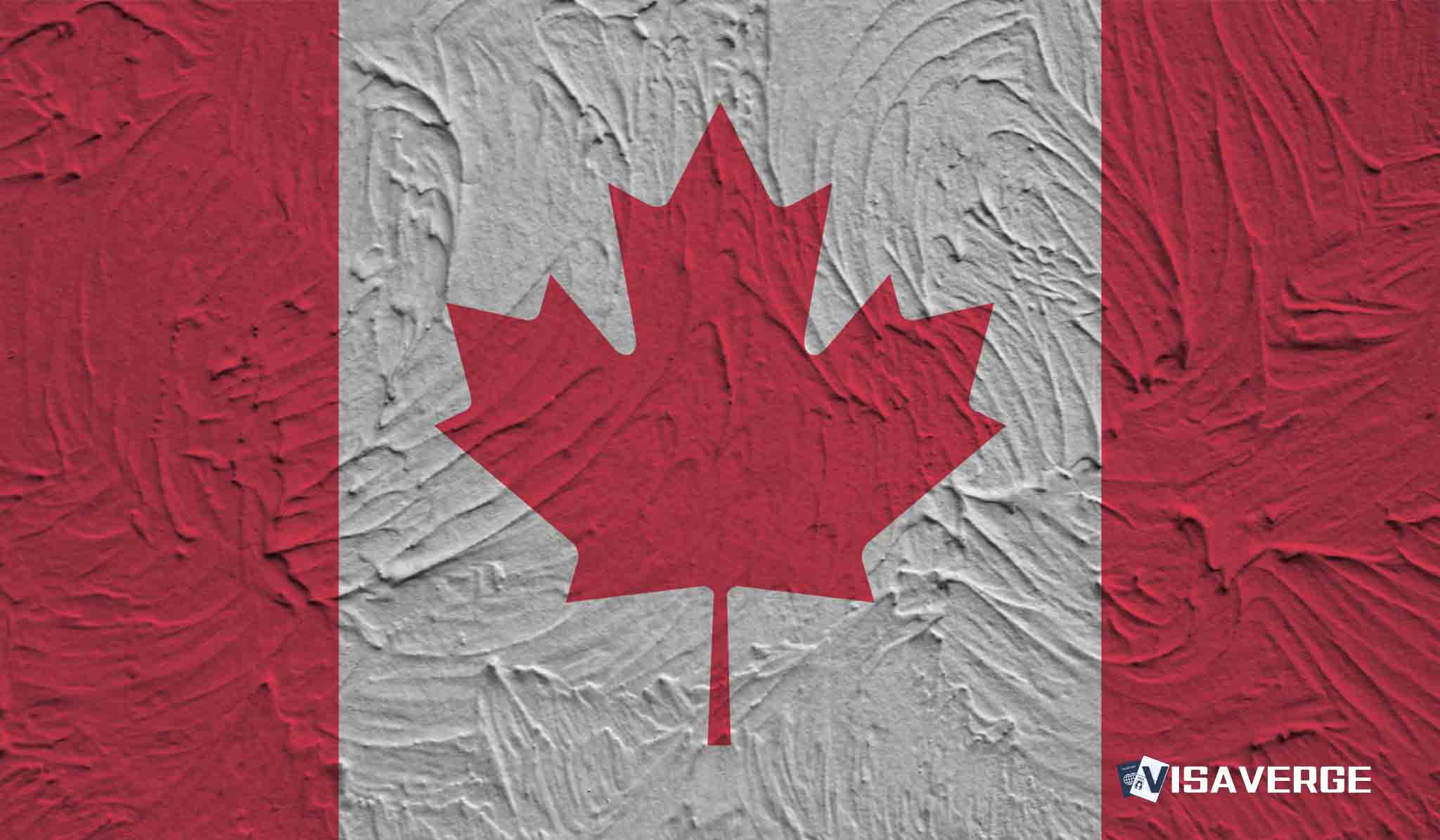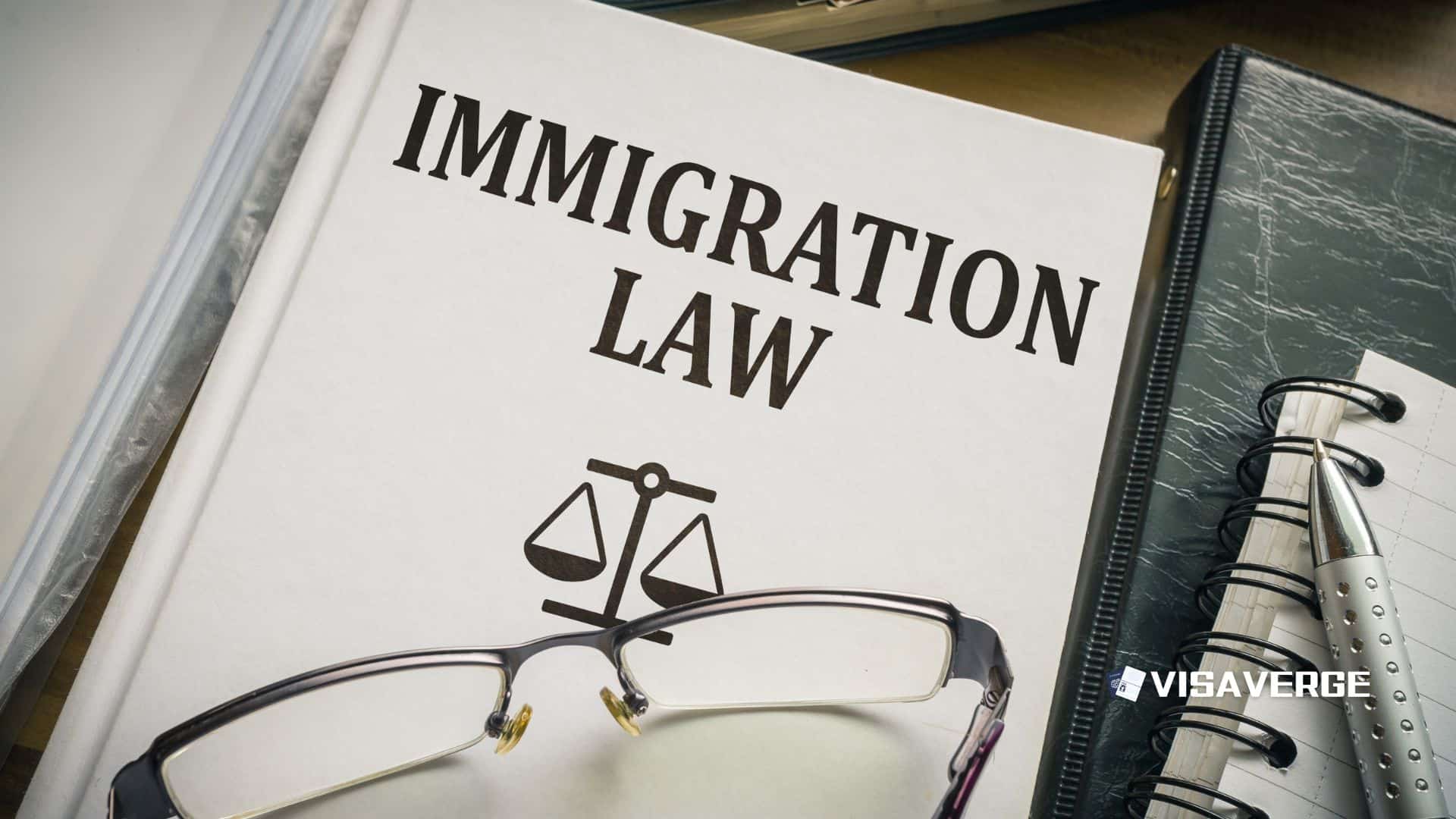(UNITED STATES) President Donald Trump moved to calm voter anger over rising food prices on Friday, November 15, 2025, ordering a broad rollback of tariffs on imported coffee, beef, bananas, tomatoes and other staples after weeks of warnings that his trade policies were feeding inflation and deepening economic discontent.
The Trump tariffs rollback, delivered through an executive order that took effect November 13, came just days after Democrats swept a series of state and local contests where Republicans had tried to defend the White House record on the cost of living, only to see voters punish the party over grocery bills that many families say feel out of control.

Trump said in a brief statement that the tariffs “may, in some cases, have contributed to higher prices,” a rare admission that his own trade tools were adding to pressure on household budgets. The White House framed the shift as a targeted change focused on goods that cannot be grown or raised in the United States 🇺🇸, while insisting that broader protection for domestic producers remains in place.
Immediate reactions and business response
Business groups that had pressed for relief quickly welcomed the move.
- Neil Bradley, Executive Vice President and Chief Policy Officer of the U.S. Chamber of Commerce, said: “the millions of dollars the federal government collected in additional tariffs on these products resulted in higher prices for businesses and families. The President’s actions will help reduce costs for Americans.”
The tariff change coincides with fresh polling showing deep frustration over the economy. Recent surveys place Trump’s approval rating on economic management at only 33–36%, with about two-thirds of respondents disapproving of his performance and many specifically tying inflation to his trade fights.
Overall, 64–67% of Americans now say they oppose his handling of the economy, according to polling cited by VisaVerge.com.
Polling on tariffs and political impact
Tariffs appear to be a special drag on his standing.
- A Pew Research Center survey in August found 61% of Americans disapprove of Trump’s tariff policies, compared with 38% who approve.
- Pollsters say few other issues show such a clear pattern where each tariff announcement, or threat of new duties, is followed by measurable drops in the president’s approval ratings—especially among independent suburban voters.
The broader numbers are stark:
- As of mid-November, Trump’s net approval on inflation stands at -27.5 points, the worst rating among all policy areas tested in national polls.
- His overall job approval hovers around 41%, with 54% disapproving.
For a president who has emphasized trade in his economic message, the connection many voters make between tariffs and higher prices is becoming harder to ignore.
Details of the tariff rollback
Under the new order:
- Imports from Ecuador, Guatemala, El Salvador and Argentina will face 10% or 15% tariffs in most categories.
- However, coffee, bananas, cocoa and some other foods are carved out or assigned lower rates.
The White House says these measures will:
- Keep pressure on foreign governments on broader issues (security, labor, etc.)
- Ease direct price pressure on U.S. shoppers, particularly low-income families who spend a larger share of their income on food
Impact on immigrant and low-income communities
For many immigrant communities, the change is more than a Washington talking point.
- Latin American and Caribbean families often rely on imported products that carry familiar brands or meet cultural preferences — from specific cuts of beef to particular coffee blends.
- When tariffs pushed those prices higher, community groups reported more people turning to food banks and cutting back on fresh produce to keep up with rent and remittances.
Advocates say the tariff rollback is welcome but may come too late to repair political damage. Many naturalized citizens who supported Trump in 2016 and 2020 now tell local organizers they feel squeezed by rising costs and are reconsidering their support as inflation erodes wages and savings.
Political responses and arguments
Democrats, buoyed by recent electoral gains, argue the reversal shows Trump waited too long to admit his trade push was backfiring. They point to earlier warnings from economists and food industry groups that tariffs on major agricultural exporters would land on American consumers rather than foreign producers.
Some Democrats also note that previous administrations, including President Biden’s, often tried to shield basic groceries from trade fights even when raising other duties.
The administration defends its earlier stance by saying tariffs helped bring countries such as Ecuador and Guatemala to the table on broader issues, including security cooperation and labor standards. Officials claim the new agreements will allow continued leverage on those matters while easing food price inflation at home, though they have offered few details on the expected consumer savings.
Economic analysis and expert cautions
Independent economists urge caution:
- The rollback may trim some costs over time, but it will not by itself solve inflation, which has been the dominant voter concern for more than a year.
- Food prices are also influenced by weather, energy costs, and global supply chains.
- Still, analysts say rolling back tariffs on items the U.S. does not produce is among the faster tools available to relieve consumer price pressure.
International and logistical implications
Beyond domestic politics, trading partners will be watching how far Washington is willing to rethink tariff policy after years of trade turmoil.
- Governments in South and Central America, which benefited from increased exports under previous programs, will monitor whether Trump’s move is a lasting change or a short-term reaction to economic discontent and election results.
On Capitol Hill, lawmakers from both parties want more detail on implementation and monitoring. Trade specialists note that the Office of the U.S. Trade Representative will need to revise complex tariff schedules used daily by importers, customs brokers and border officers.
- Officials warn that confusion at ports could briefly slow shipments.
- Small grocers and immigrant-owned restaurants that depend on steady supplies of affordable coffee, meat and fresh produce could be affected.
For now, shoppers will be watching receipts closely.
Key takeaway: The tariff rollback aims to ease grocery-price pressures that have become a major political liability, but economists and trade experts say it is only one piece of a much larger inflation puzzle.
This Article in a Nutshell
President Trump issued an executive order effective November 13, 2025, rolling back tariffs on key food imports such as coffee, beef, bananas and tomatoes to ease rising grocery prices and political backlash after recent elections. The White House limited the change to goods not produced domestically while retaining 10–15% duties for many imports from Ecuador, Guatemala, El Salvador and Argentina and carving out some foods. Business groups welcomed relief, but economists caution the rollback alone will not resolve inflation driven by weather, energy and supply chains.













